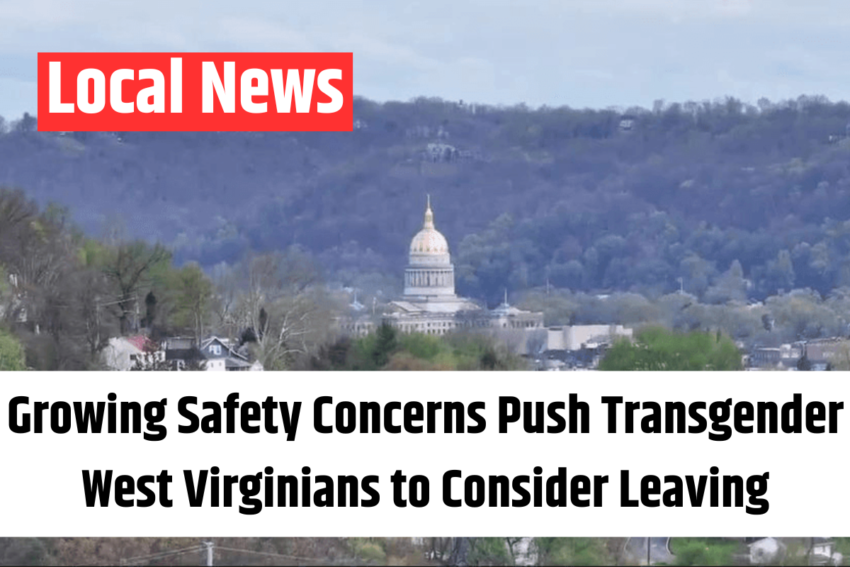CHARLESTON, W.Va. — For years, Anna Williams considered West Virginia a welcoming place for transgender individuals. She once encouraged others to move to the Mountain State, believing it offered safety and acceptance.
“I used to tell other trans people this was a great place to live,” she said.
However, with recent legislative changes, Williams now feels uneasy about her future in the state.
“You can hear it in my voice—I’m scared,” she admitted. “I don’t feel safe anymore.”
Her concerns stem from a new law signed last week by West Virginia Gov. Patrick Morrisey. Called the Riley Gaines Act, the legislation legally defines male and female and restricts access to certain single-sex spaces, such as bathrooms, locker rooms, and domestic violence shelters, to individuals based on their biological sex.
A Push for Women’s Protection or a Step Backward?
Morrisey defended the law as a measure to safeguard women’s rights.
“It’s just common sense,” he said during the bill-signing ceremony. “Women should have privacy in spaces like restrooms, shelters, and crisis centers. This law ensures that.”
Former collegiate swimmer Riley Gaines, an advocate for restricting transgender women from competing in women’s sports, praised the governor’s decision.
“Governor Morrisey is showing leadership that others should follow,” she said. “He took action to define sex-based terms and protect women’s privacy.”
Transgender Residents Weigh Their Options
Not everyone is on board with the law. Some transgender residents, like Natasha Kerensky, have chosen to leave West Virginia in search of a more inclusive environment.
“I’m moving to a place with actual legal protections against discrimination,” she explained. “I want to live somewhere I don’t have to worry about housing or employment discrimination.”
Kerensky believes laws like this send a harmful message.
“They’re trying to erase me,” she said. “It feels like my identity isn’t recognized by my own state.”
A Divided Response
While supporters argue the law is necessary to preserve women’s rights, opponents fear it could lead to increased discrimination and exclusion for transgender individuals. Despite the pushback, Morrisey remains firm in his stance, stating that his priority is ensuring fairness and privacy for women across the state.
As debates over transgender rights continue nationwide, West Virginia’s new law is likely to spark further discussions about the balance between inclusion and protections for different groups .
